Lighting for Digital Video & Television
Select Format
Select Condition 
You Might Also Enjoy
Book Overview
Customer Reviews
Rated 5 starsTruly Useful From Novice to Advanced
I first became aware of what effect lighting has when I watched a critical review of Casablanca. While the movie was running, at this point the reviewer would point out how lighting accented Ingrid Bergman's cheeks. At that point he would point out how lighting drew your attention to Bergmand and Bogart while dark shadows in the background filled in the image but down played its importance. Over time I began to learn more...
0Report
Rated 5 starsEN-LIGHTNING
In the 1st Chapter of his book the author invites us to join him along for the journey in the lighting world of television and video with a promise that by the end of this journey i.e. of the book, we will be able to understand and create with the lights in our own digital frames.I finished the book, it realy was a journey and Mr. Jackman kept his promise.Thank you Mr.Jackman
0Report
Rated 5 starsA Great Book! Get a Better Picture!
Hey all,I'm a long time worker in multimedia and the performing arts (with a theatrical education). I did a lot of theatrical lighting as slave labor back in college, but beyond that, most of my experience in film and video was from the acting side.So before shooting my next short, I decided I needed a primer in film lighting. I bought Mr. Jackman's book about a week and a half ago and, well, for geeks like me, it was a...
0Report
Rated 5 starsGreat Book!
Hey all,I'm a long time worker in multimedia and the performing arts (with a theatrical education). I did a lot of theatrical lighting as slave labor back in college, but beyond that, most of my experience in film and video was from the acting side.So before shooting my next short, I decided I needed a primer in film lighting. I bought Mr. Jackman's book about a week and a half ago and, well, for geeks like me, it was a...
0Report










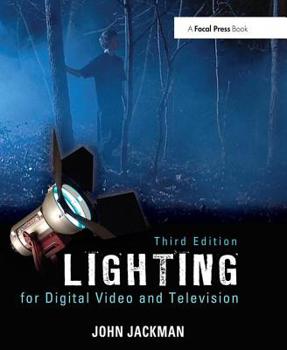

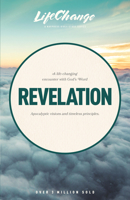


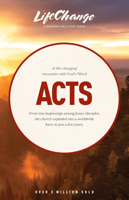


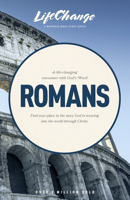
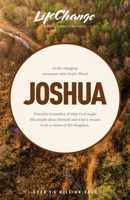
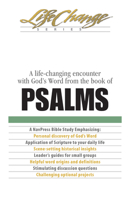





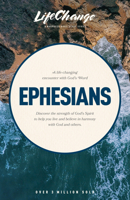
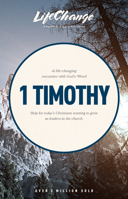



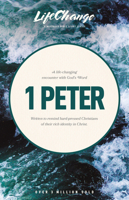

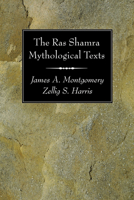

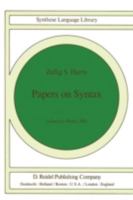
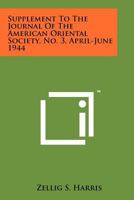
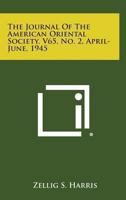
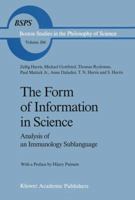

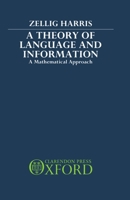
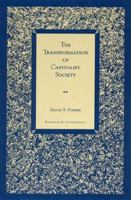

![A Grammar of the Phoenician Language [American Oriental Series, vol. 8]](https://m.media-amazon.com/images/I/418JSwgSocL._SL200_.jpg)









